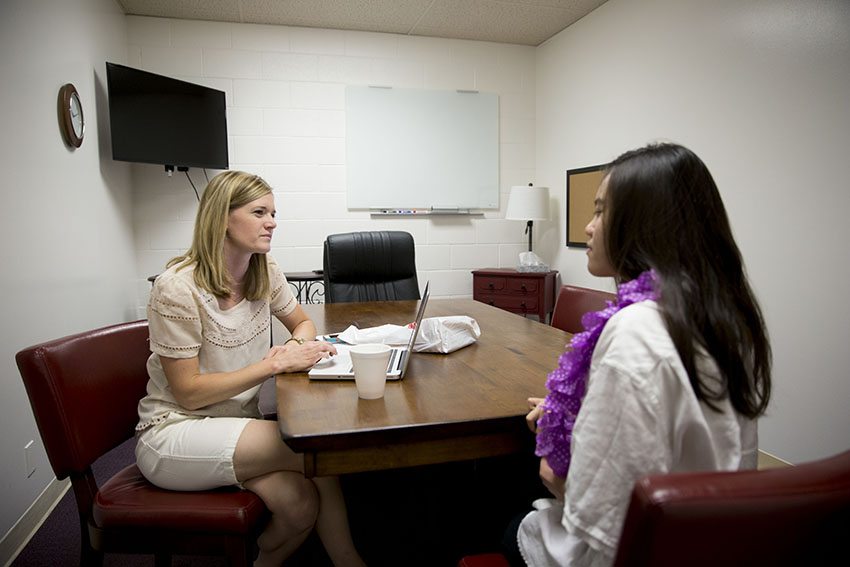
When I was in high school, there was one test you took for college: The SAT. Back then, a 1600 was a perfect score–no essay, just reading and math. You took the test during the summer of your junior year and once more during fall of senior year. You hit up a weekend prep class beforehand to be taught “how to take the test.”
Basically if you could eliminate all but two answers you were okay to guess, if not you shouldn’t waste your time. Don’t forget a good nights sleep and a healthy breakfast!
How times have changed in just 11 short years. Now there are test prep companies on every street corner and parents paying a fortune in hopes of their child getting that perfect score and full-ride scholarship to Harvard. There are also more test options with the ACT becoming more and more competitive.
According to US News and World Reports, “Many years ago, your choice would have been determined largely by geography. Students applying to Midwestern schools took the ACT, while students applying to schools on the East and West coasts took the SAT.”
Now just about every college and university will look at the SAT and ACT equally.
While doing your research on the two tests to decide which one is a better fit for you, it is important to understand the new changes to the SAT coming in March 2016.
The CollegeBoard explains the reason for the changes: “The world needs more people who can solve problems, communicate clearly, and understand complex relationships. The SAT Suite of Assessments focuses on the skills and knowledge that will help today’s students meet that need.”
This sounds like it should be beneficial to students by helping to align the curriculum more closely to the concepts they are practicing in their classes and in daily life right? Time Magazine talks about ways the SAT will look a little different this time around. In past years students were penalized ¼ of a point for a wrong answer; this will no longer be the case. Students will also be responsible for more evidence-focused reading and essay components, and the use of obscure vocabulary will be done away with.
Times are changing when it comes to standardized testing, its important to prepare adequately and use this avenue to demonstrate what you know. But also keep in mind that colleges care about the whole person, not just a stellar test score. — Michelle Warkentin, academic advisor
On the surface level this sounds good, but not everyone views these changes as positive ones. The following blog written by Lynn O’Shaughnessy, author of The College Solution depicts some reasons why the new SAT may cause some concern. Many fear that the test aligns to closely with common core theory and is getting away from simply testing the basic concepts.
I have received many questions from parents about what this year’s juniors should do? I believe the first priority is to find out which test is going to be a better fit for the student, the SAT or ACT. There are many ways to find this out. Students can visit local test prep agencies, they can take practice versions of both tests online, and they can even download apps to get a good idea of the question styles. One such app is called Play2Prep.
Once students find out which test will best showcase their strengths they can pursue that option. If it is truly the SAT it may be best to take both the old and new versions. But if the ACT is a better fit it may be wise to focus on the ACT now and take the SAT in the spring, if at all.
Times are changing when it comes to standardized testing, its important to prepare adequately and use this avenue to demonstrate what you know. But also keep in mind that colleges care about the whole person, not just a stellar test score.
For more information on the updates to the SAT and preparation, visit CollegeBoard.com. Be sure to check and mark your calendar for the next SAT test dates and ACT test dates. I encourage students to take charge and responsibility for their next college prep. steps. Also be sure to check the previous College Corner articles for more information.
For more information, parents and students can contact Michelle Warkentin, academic advisor.
For more college corner, read College corner: College fairs.





